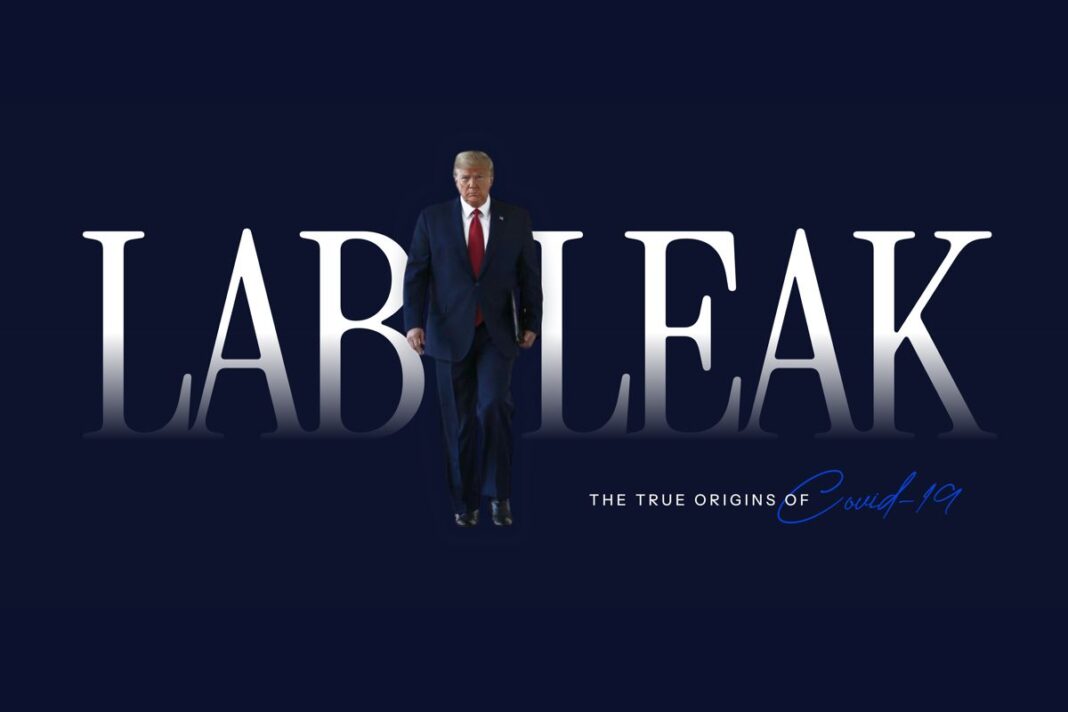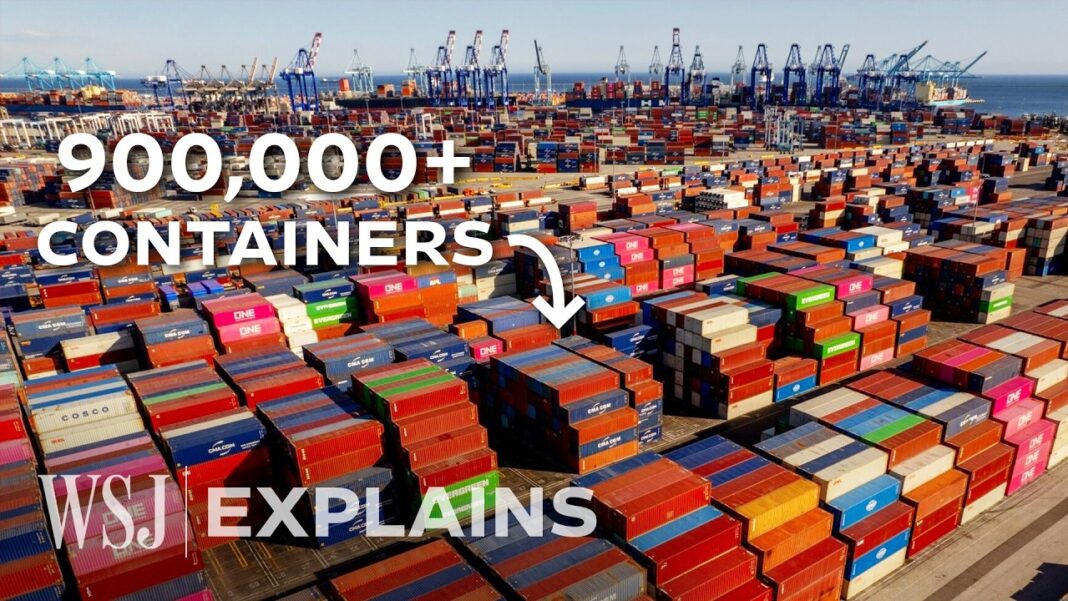Stories of persecution and resilience behind the performing arts company that’s become a global sensation.
NEW YORK—The clock rewinds to a plate of unfinished turnip cakes whenever Ellie Rao thinks of her dad, a bespectacled, oblong-faced man who Chinese police took from her when she was 4 years old.
They were seated together, relishing that beloved southern Chinese staple that Rao’s grandma had lovingly fried golden crisp, when a hard knock at the door made them drop their chopsticks.
Two men demanded to come in. They said they were from the water utility and were “checking the meter.”
The phrase was a code word for police, as the men indeed were. Four or five more soon swarmed in. They dragged her dad away. From the apartment window, the girl could do nothing but watch her father’s lanky frame vanish into a white car, and then, from her life.
He never made it back.
Two weeks later, the 34-year-old was at a hospital struggling to breathe. He couldn’t speak, but tears were running down his face. On his head, around his ears and neck, and on his hands and feet, his wife found bruises and swelling.
He died less than seven weeks after police dragged him away.
For the young Rao, fear was part and parcel of living in communist China. And she wasn’t alone.
Today, at Shen Yun Performing Arts, an upstate New York company whose motto is to showcase “China before communism,” it’s hard to meet someone who hasn’t lived through such pain or knows someone who has.
This shared experience of suffering is, afterall, what brought Shen Yun artists together. In each new production that takes place on the world’s stages every year, one theme is always present: a spotlight on the modern day persecution of Falun Gong, a spiritual faith that Rao and other Shen Yun performers embrace.
By Eva Fu







